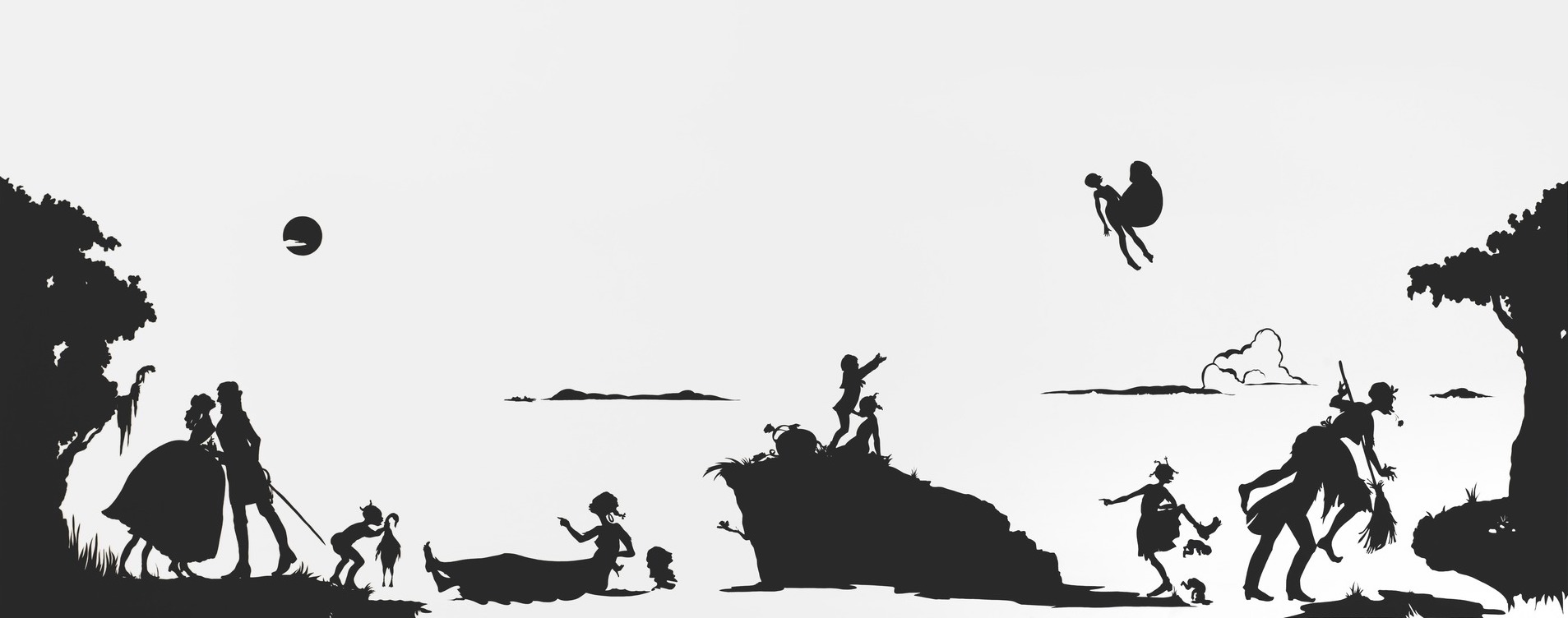Last night I went to the Ubuntu show on campus, organized by the African Student Union. I went to learn about different African cultures. It was a celebration of African identity and unity of Africans living in the United States. I had experienced a few instances of African culture before, but I had never seen it portrayed through their own eyes of what they wanted to share about their home countries. It reminded me of when we discussed in class of how African Americans want to return home to Africa and embrace the culture of their nations. In fact, the host even brought up that Ghana has called for 2019 to be a year of return, so Africans, even those not specifically from Ghana can return home.
I thought that it was very interesting to see both Africans and African Americans come together and just celebrate life. However, it was also an educational experience for many of the caucasians in the audience. There were skits that discussed African writers and activists, as well as poems that brought to light the effect of colonialism on African lives. There was even a poem about love, which demonstrated that we all face the same human struggles and that we are not all that different deep down. I thought that each segment was special in its own way and was educational for me. It was special to see Black celebrated in a time when all we hear about is how Black is bad.
